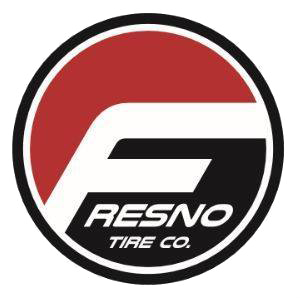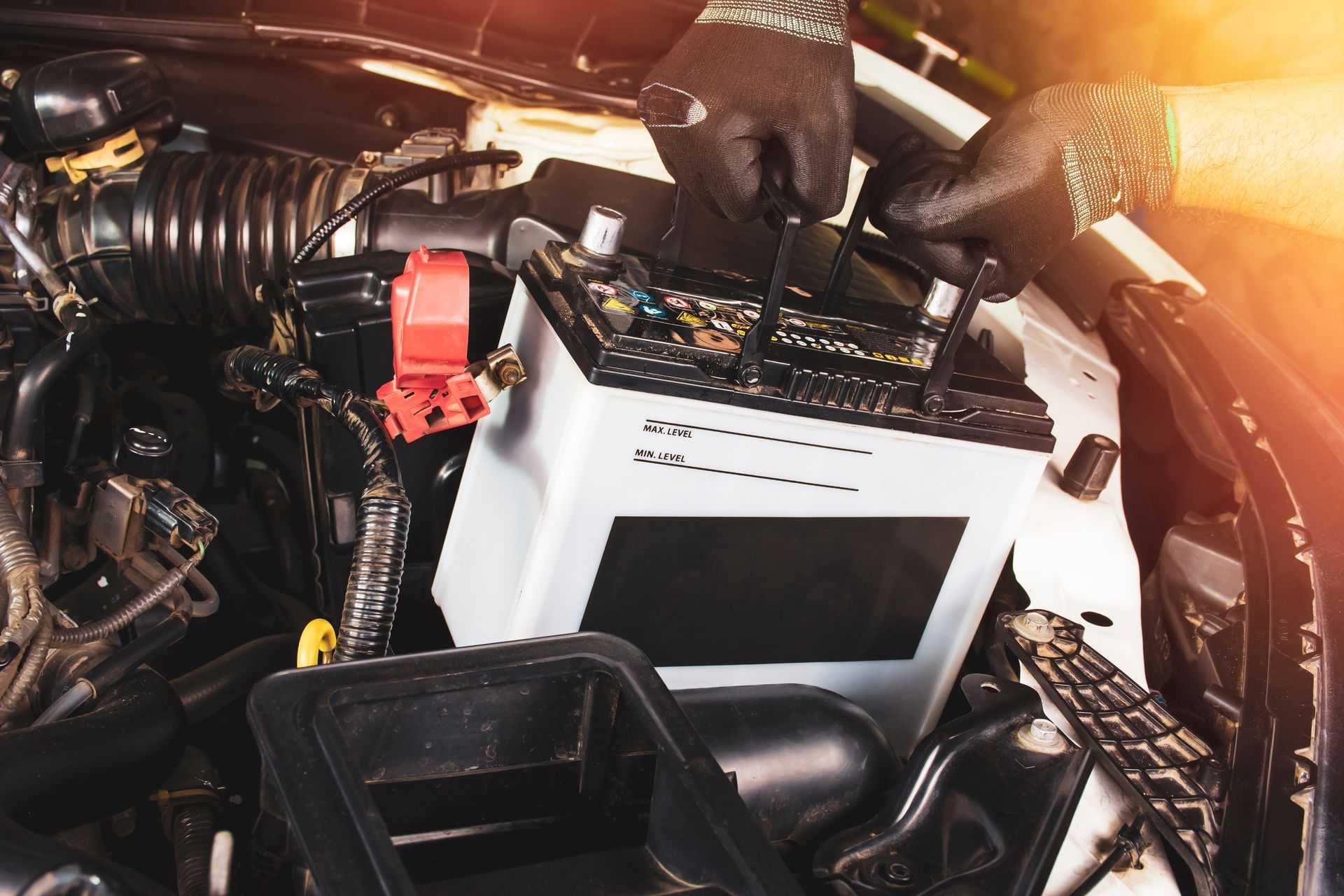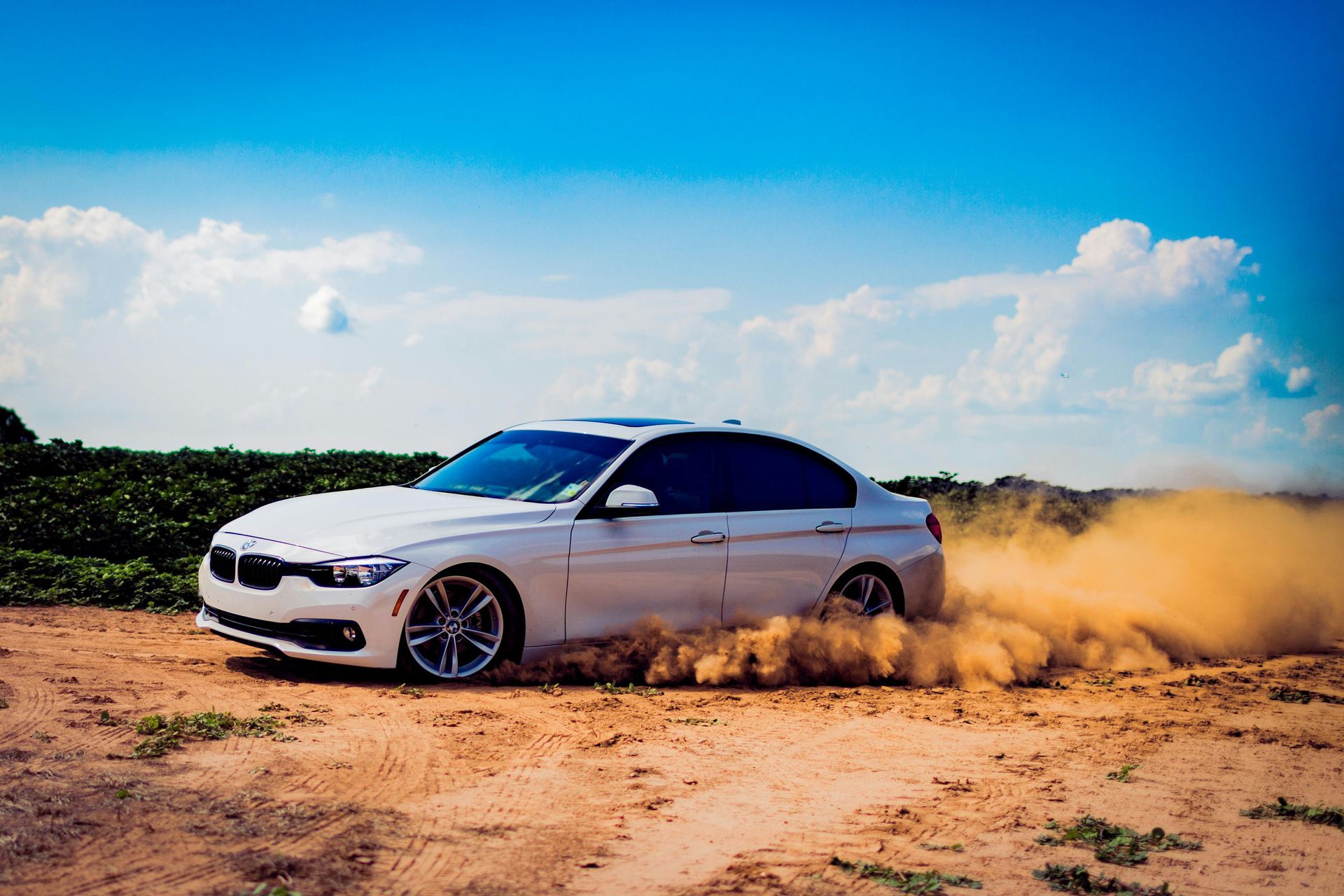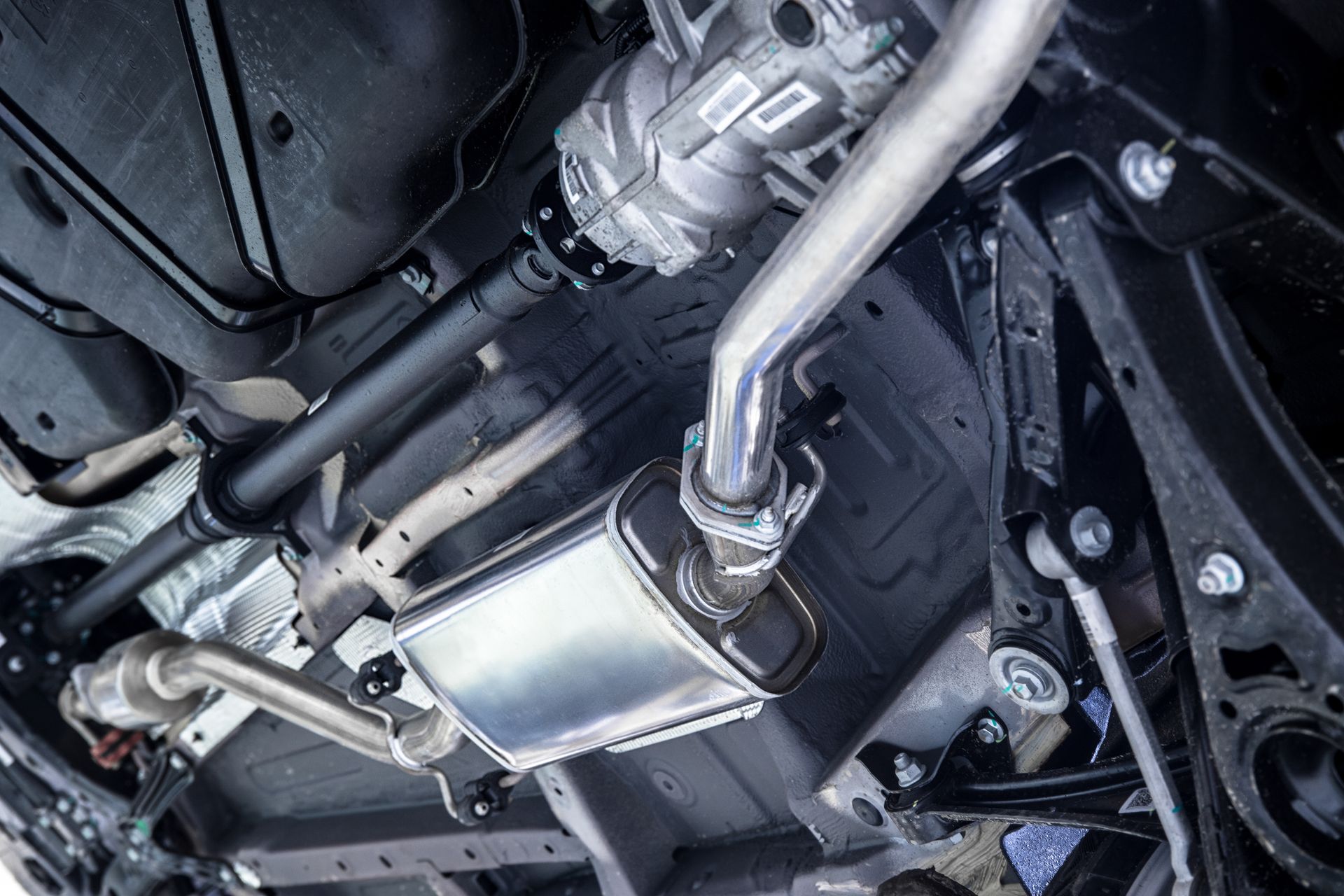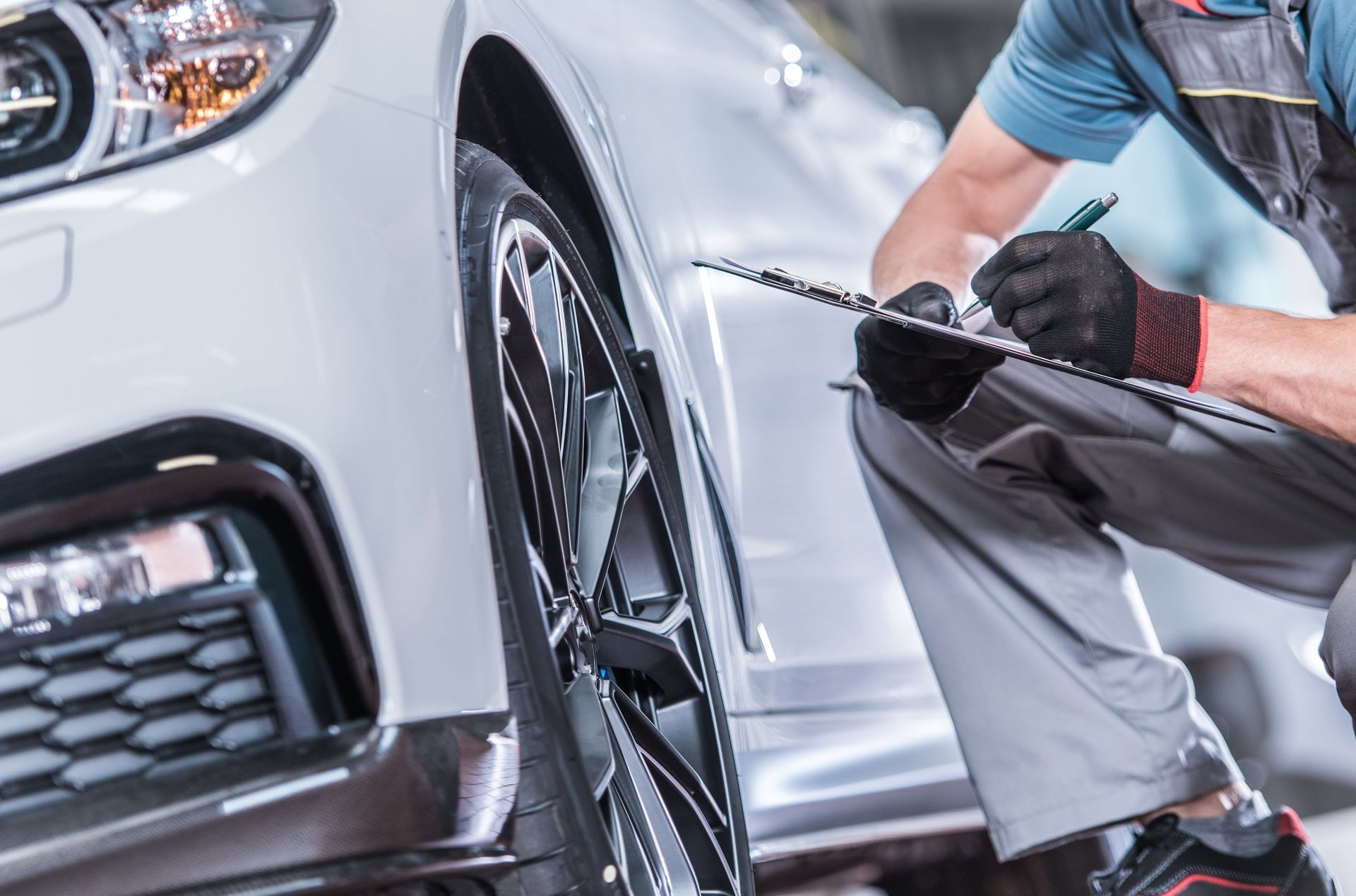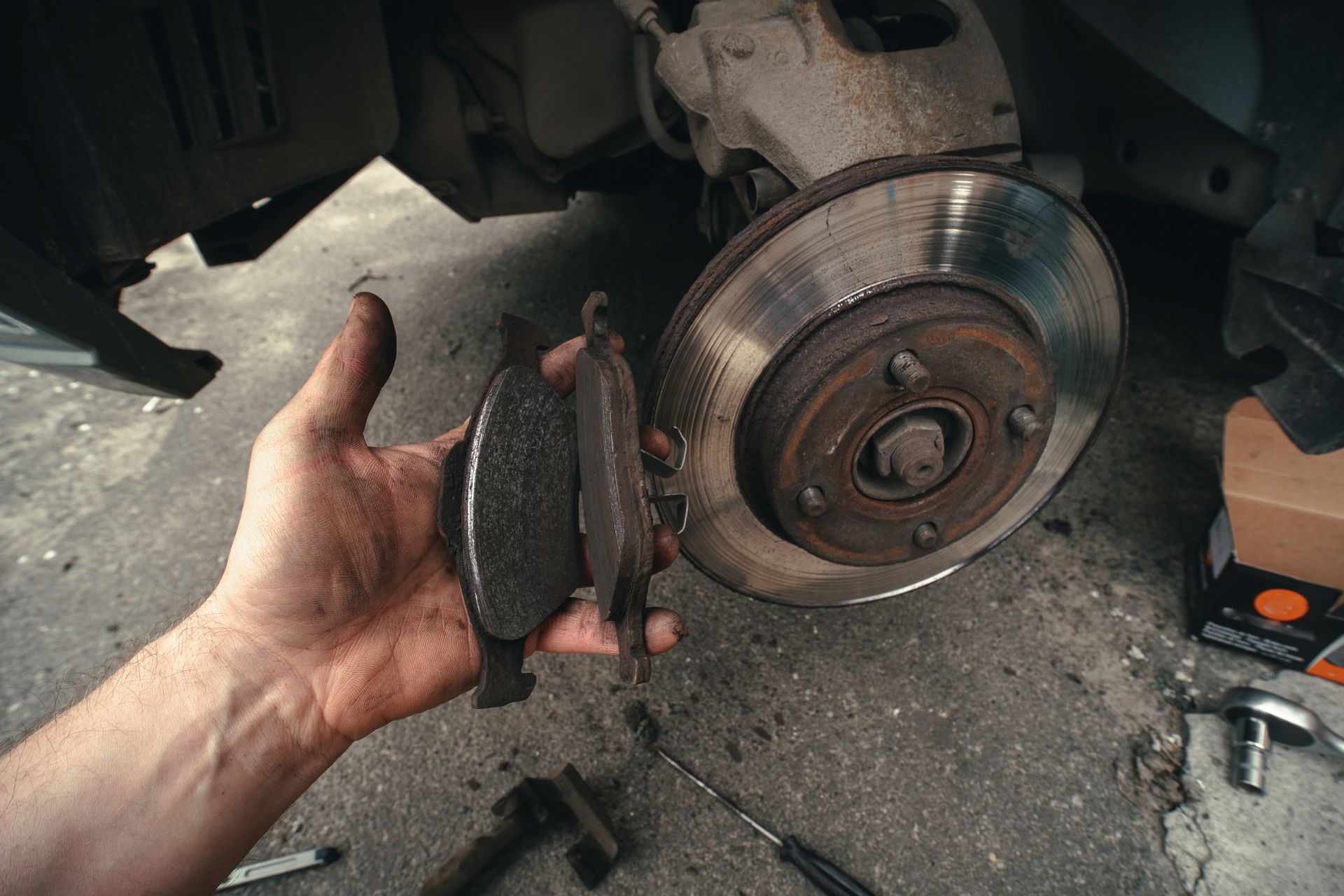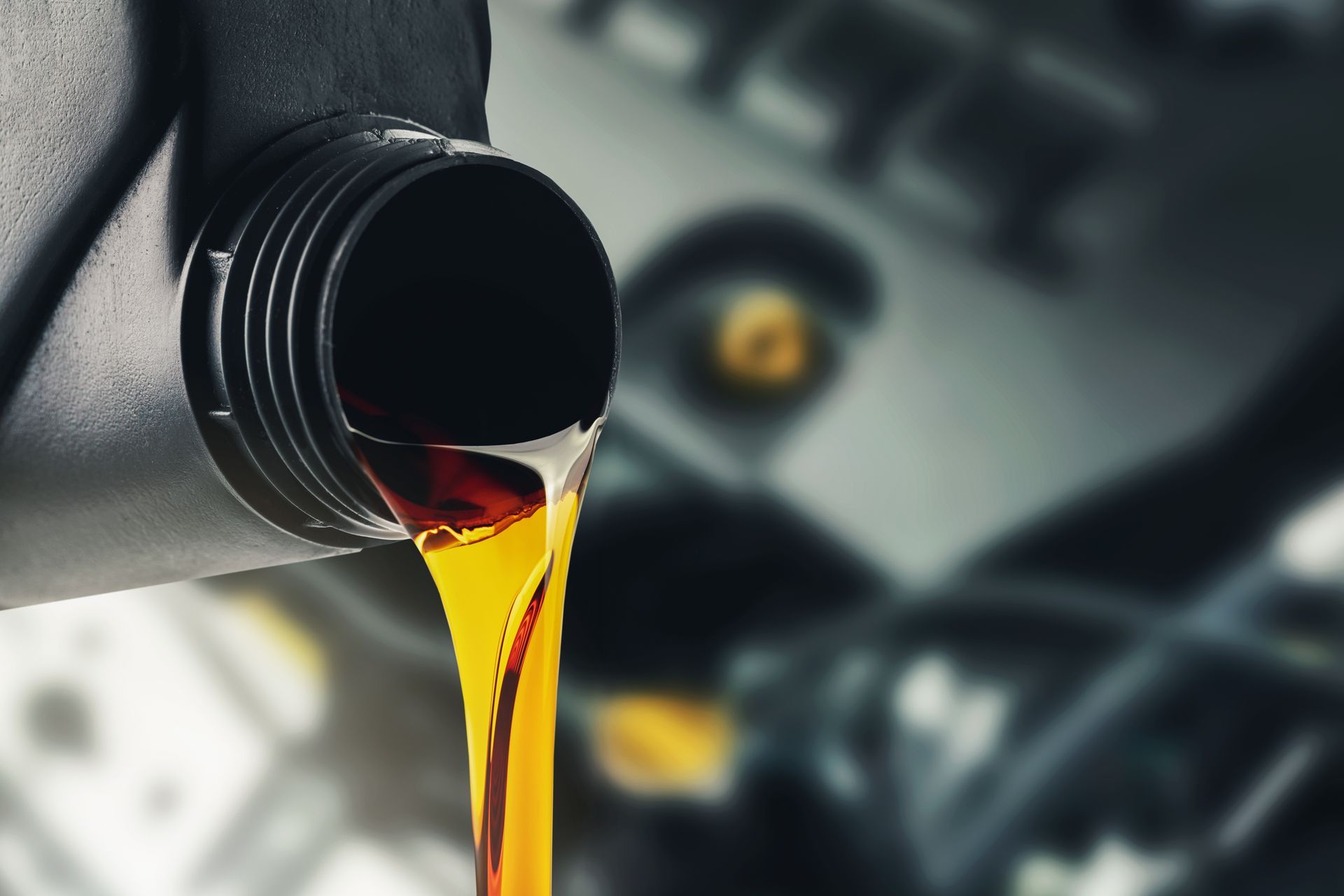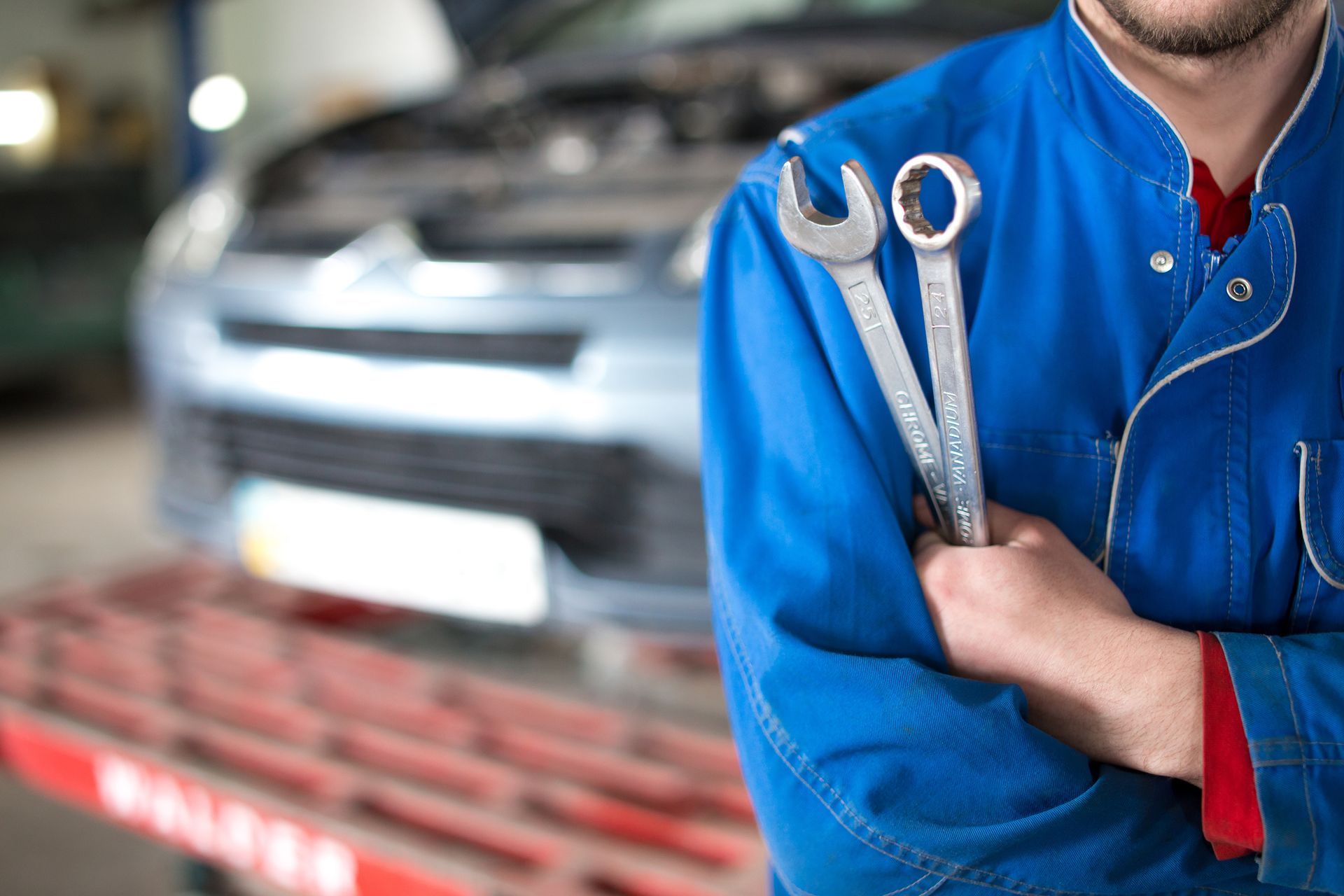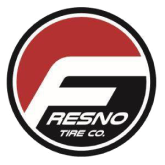Why Your Car Might Be Making That Strange Noise
You're driving down Blackstone Avenue when suddenly your car starts making a sound you've never heard before. Is it a squeal? A grinding? A clicking? Strange car noises can be alarming, but they're also your vehicle's way of telling you something needs attention.
Understanding what different car noises mean can help you decide whether you need to pull over immediately or if you can safely drive to a repair shop. Let's decode the most common car sounds and what they might be telling you about your vehicle's health.
Squealing or Screeching Sounds
High-Pitched Squealing When Braking
This is one of the most common car noises, especially in stop-and-go Fresno traffic. That squealing sound is often your brake pads' wear indicators doing their job. Modern brake pads have small metal tabs that scrape against the rotor when the pad material gets thin.
What it means: Your brake pads are getting low and need replacement soon.
What to do: Don't panic, but schedule brake service within the next few weeks. If the squealing becomes grinding, stop driving immediately.
Squealing Under the Hood
A high-pitched squeal from your engine bay, especially when you start the car or accelerate, usually points to belt problems. Fresno's heat can cause belts to crack, stretch, or slip.
What it means: Your serpentine belt, alternator belt, or other drive belt may be loose, worn, or misaligned.
What to do: Have it checked soon. A broken belt can leave you stranded.
Grinding Noises
Grinding When Braking
If squealing brakes turn into grinding, metal is scraping against metal. This means your brake pads are completely worn down, and the metal backing plate is grinding against your brake rotors.
What it means: You have a serious brake problem that's getting worse by the mile.
What to do: Stop driving and get brake service immediately. This is a safety issue.
Grinding When Turning
A grinding noise when you turn, especially at low speeds like in parking lots, often indicates worn wheel bearings or CV joints.
What it means: Components in your wheel assembly are wearing out.
What to do: Have it diagnosed soon, as worn bearings can be dangerous.
Clicking and Ticking Sounds
Clicking When Turning
A rhythmic clicking sound that speeds up with your wheels, especially when turning, typically points to worn CV joints. This is common in front-wheel-drive vehicles with higher mileage.
What it means: The joints that transfer power to your wheels are wearing out.
What to do: Schedule service soon. Failed CV joints can leave you unable to move.
Ticking from the Engine
A rapid ticking sound from under the hood might be normal valve noise, but it could also indicate low oil pressure or worn engine components.
What it means: Could be anything from needing an oil change to serious engine problems.
What to do: Check your oil level first. If it's low, add oil and see if the noise stops. If not, have it diagnosed.
Knocking and Banging Sounds
Knocking from the Engine
Engine knock sounds like someone tapping on metal and often gets worse under acceleration. This can be caused by using low-octane fuel, carbon buildup, or serious internal engine problems.
What it means: Your engine's combustion timing is off, which can cause expensive damage.
What to do: Try using higher-octane fuel first. If knocking continues, get it diagnosed quickly.
Banging from Underneath
Loud banging or clanking from under your car, especially over bumps, usually means something in your suspension system is loose or broken.
What it means: Struts, shocks, or suspension components need attention.
What to do: Have it checked soon for safety and to prevent further damage.
Rumbling and Roaring Sounds
Loud Rumbling from the Exhaust
If your car suddenly sounds like a motorcycle, you likely have an exhaust leak. Fresno's heat cycles can crack exhaust components over time.
What it means: Your muffler, exhaust pipe, or catalytic converter has a hole or crack.
What to do: Besides being loud and embarrassing, exhaust leaks can be dangerous. Get it fixed soon.
Roaring That Increases with Speed
A roaring sound that gets louder as you drive faster, especially noticeable on Highway 99, often indicates tire or wheel bearing problems.
What it means: Your tires might be worn unevenly, or wheel bearings are failing.
What to do: Have your tires and bearings inspected.
Whistling and Hissing Sounds
High-Pitched Whistling
Whistling noises, especially when accelerating, can indicate vacuum leaks or problems with your air intake system.
What it means: Air is getting into your engine where it shouldn't be.
What to do: Have it diagnosed to prevent poor performance and fuel economy.
Hissing Sounds
Hissing can indicate several problems, from coolant leaks to brake booster issues.
What it means: Depends on when it happens and where it's coming from.
What to do: Have it checked, especially if you notice performance changes.
When to Be Concerned
Pull Over Immediately If:
- You hear grinding brakes
- Your engine is knocking loudly
- You hear loud banging from underneath
- Any noise is accompanied by warning lights
- Your car feels unsafe to drive
Schedule Service Soon If:
- Noises are new or getting worse
- You hear squealing brakes
- There are clicking sounds when turning
- Your car sounds louder than usual
Why Fresno Conditions Matter
Our local driving conditions can contribute to certain car noises:
Extreme Heat - Fresno summers can cause belts to crack and exhaust components to expand and contract, leading to leaks.
Dusty Conditions - Central Valley dust can get into brake components, causing temporary squealing that might not indicate worn pads.
Stop-and-Go Traffic - Heavy traffic on Shaw or Herndon puts extra stress on brakes and transmissions.
Temperature Swings - The difference between hot days and cool nights can cause metal components to expand and contract, sometimes creating temporary noises.
Don't Ignore What Your Car Is Telling You
Strange noises are your car's way of communicating problems before they become expensive repairs. While some noises are minor annoyances, others can indicate serious safety issues or prevent costly breakdowns.
The key is knowing which sounds need immediate attention and which can wait for your next scheduled service.
Get Professional Diagnosis
If your car is making strange noises, don't guess what might be wrong. At Fresno Tire Co., our ASE-certified technicians have the experience and tools to quickly diagnose car noises and explain what's needed to fix them.
We've been serving Fresno drivers since 2001, and we've heard just about every car noise imaginable. Whether it's squealing brakes, a grinding transmission, or mysterious sounds from under the hood, we provide honest, transparent diagnosis and fair pricing on repairs.
Don't let that strange noise turn into a major repair bill. Call us at (559) 762-4441 or stop by 6632 N Blackstone Ave for professional diagnosis and reliable repairs. We'll help you understand what's wrong and get your car running quietly again.


